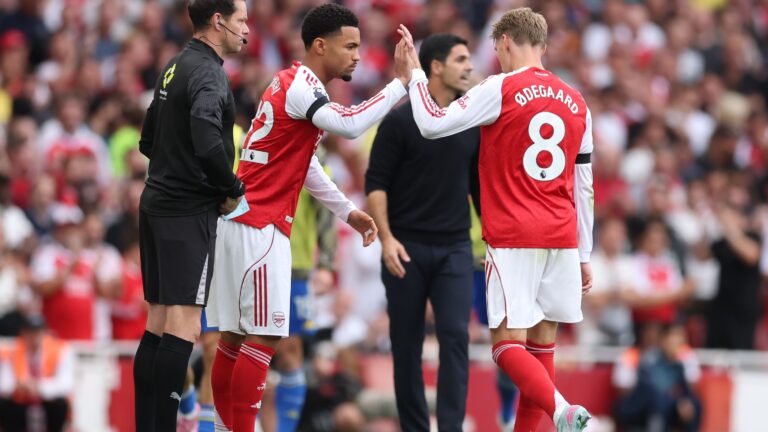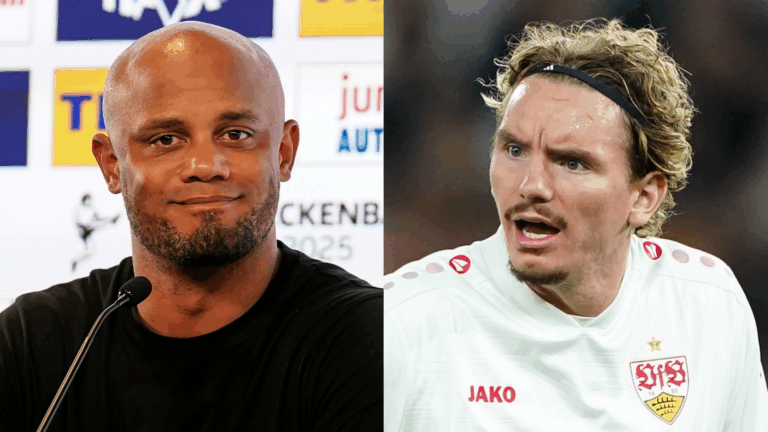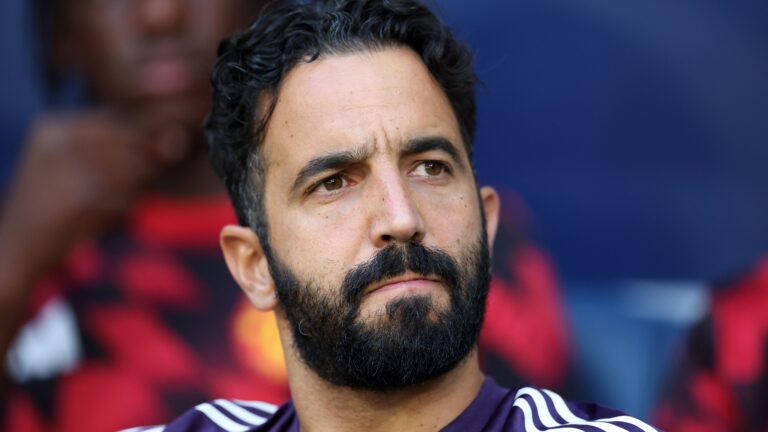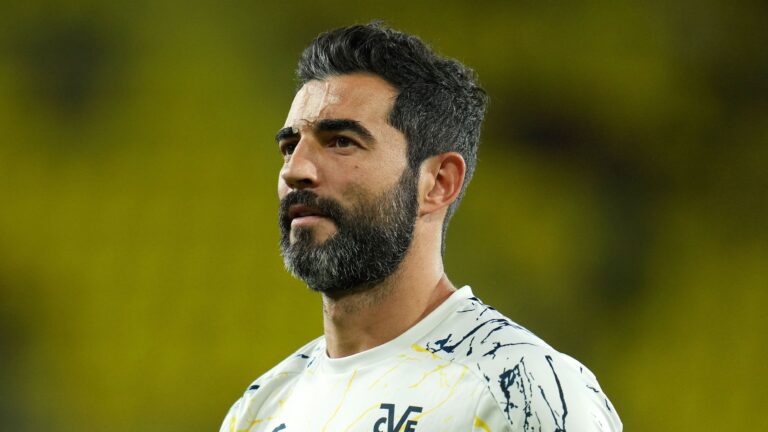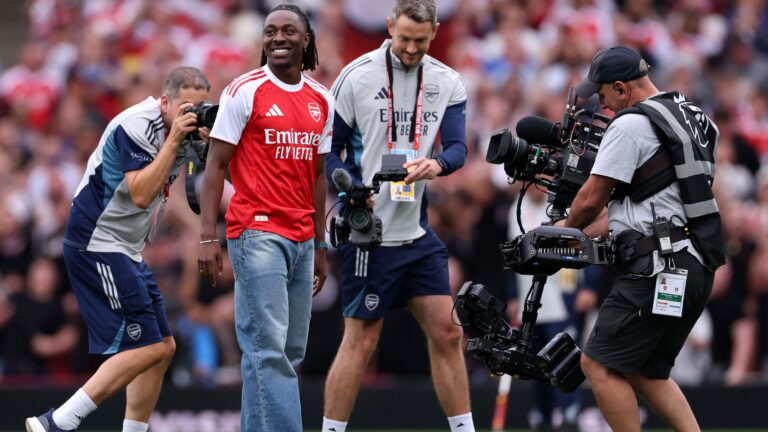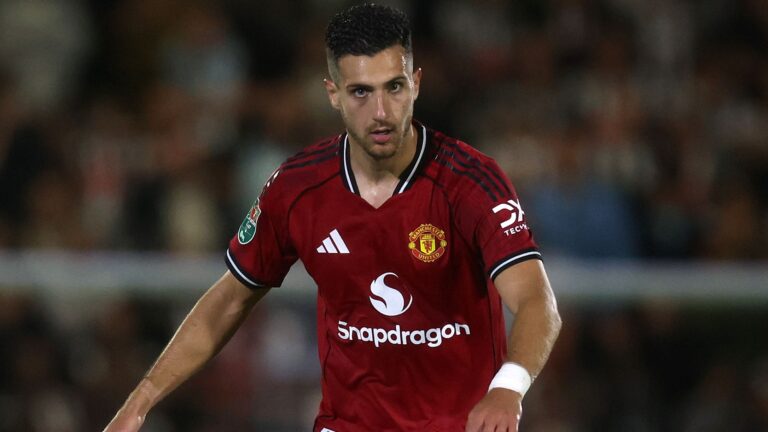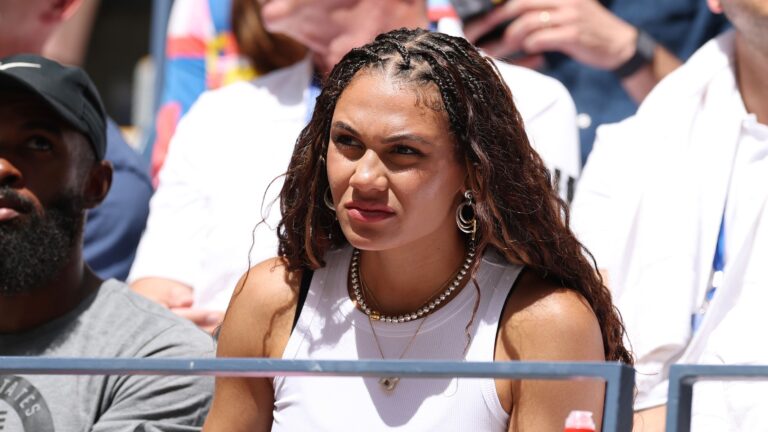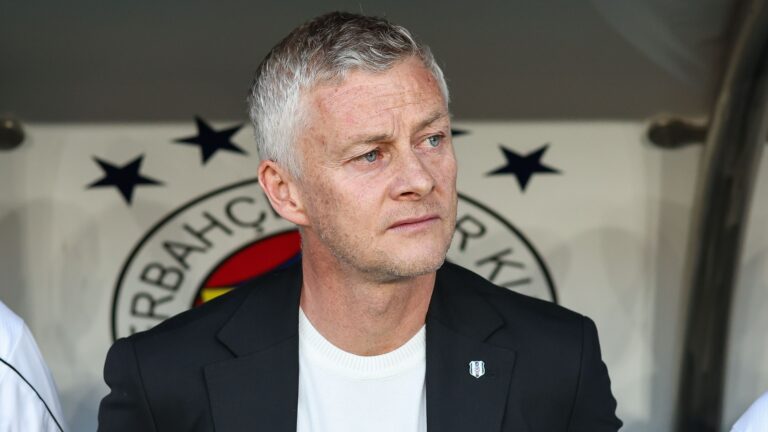- Gomez emphasized communication standards vary
- Downplayed concern about September friendly notifications
- Former striker did acknowledge Gold Cup concerns



Addressing growing concerns over communication in U.S. Soccer, former striker Herculez Gomez highlighted a double standard in how players hear from head coach Mauricio Pochettino – personal phone calls for star players, but standard emails or intermediaries for others.
“In the fragment video where I ask Giovanni Reyna and I ask Joe Scally, if there was communication with either of them, on them not making the latest roster for the September مباريات ودية ضد اليابان و كوريا الجنوبية,” Gomez said on his YouTube channel. “They both kind of looked at each other and said, ‘no’, very blatantly.”
Gomez explained that U.S. men’s وطني team players are typically informed when they make the preliminary roster and again if they’re selected for the final 23. However, he explained that it is common that there is no direct communication to those who are cut, leaving some players without clarity.
“Sometimes if you’re a high-profile player, you may merit a phone call, you may merit a text or whatever, an explanation even though they don’t owe it to you,” he said. “For the majority of players, I would say the 99 percent of the pool, that doesn’t apply.”
He added, “If you get a phone call that’s awesome, but it’s not required, the majority of players know this. So what I’m trying to say here is, don’t make too big a deal of the no communication for a September friendly. Let’s see if this no communication goes beyond that; that is a big deal. You want to have an environment where communication can be open.”
Gomez revisited Christian Pulisic’s controversial decision to skip the Gold Cup as an example of where poor communication can be costly. He argued that if U.S. Soccer, Pulisic, and Mauricio Pochettino had issued a joint statement, much of the fallout could have been avoided.
“I think that was the biggest fault this summer between Christian Pulisic, Yunus Musah, the players that didn’t show up for the national team,” Gomez explained. “That was it, was a communication. If U.S. Soccer, Christian Pulisic, his camp, Mauricio Pochettino had come out with a joint communication. ‘This is the decision, we made going forward, he’s not going to be part of this camp’ and just drew a line in the sand, that’s it, but together, this wouldn’t have happened.”
He then used the finger-pointing that followed as a sign of dysfunction.
“But when U.S. Soccer kinda points the finger and says, ‘he asked not to be here’ …and the head coach kind of points the finger and then Christian Pulisic.”
Gomez emphasized he wasn’t defending anyone involved but stressed that the missteps only fueled the controversy.
“And I’m not saying any of this is right, I’m just saying it was a total mess. Christian Pulisic then goes on a podcast that is on a network where his docuseries is on. This is what’s going to happen. So, communication is good, it is vital, but in things like this, we may be getting a bit carried away.”
This summer has pointed to numerous issues in relation to U.S. Soccer and communication with its players. With the كأس العالم less than a year away, these challenges will need to be addressed in order for the organization to reach its goals next summer.
The USMNT will get together when during the September international break, where Mauricio Pochettino and his side will face South Korea and Japan.


